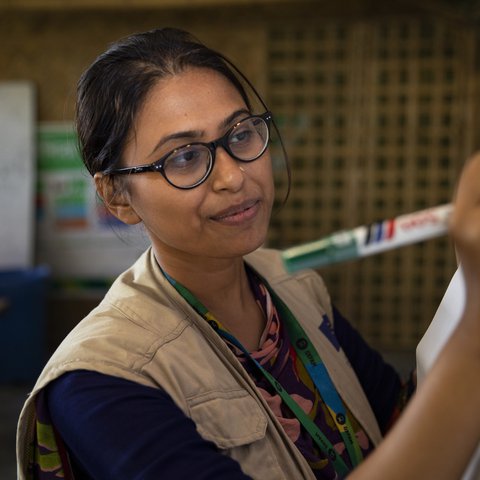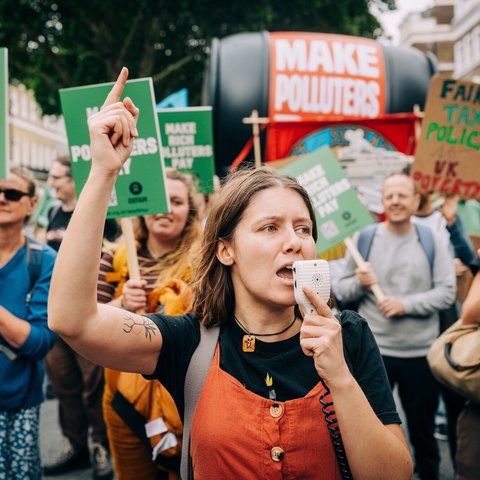Happy International Transgender Day of Visibility! + Resources for Your Inclusive Journey
Today, 31 March, Oxfam is celebrating the achievements and contributions of transgender colleagues, partners and friends worldwide, as well as recognising and speaking out against the discrimination faced by the transgender community. Here are four reasons why this is so important:
1. Trans rights are human rights
“We fully affirm the right of all people to freedom of gender identity and expression, and we will do everything we can to ensure that this right is respected and upheld within our organisation and through our work. There must be no place in Oxfam for transphobia.”
The Senior Leadership Team, Oxfam GB
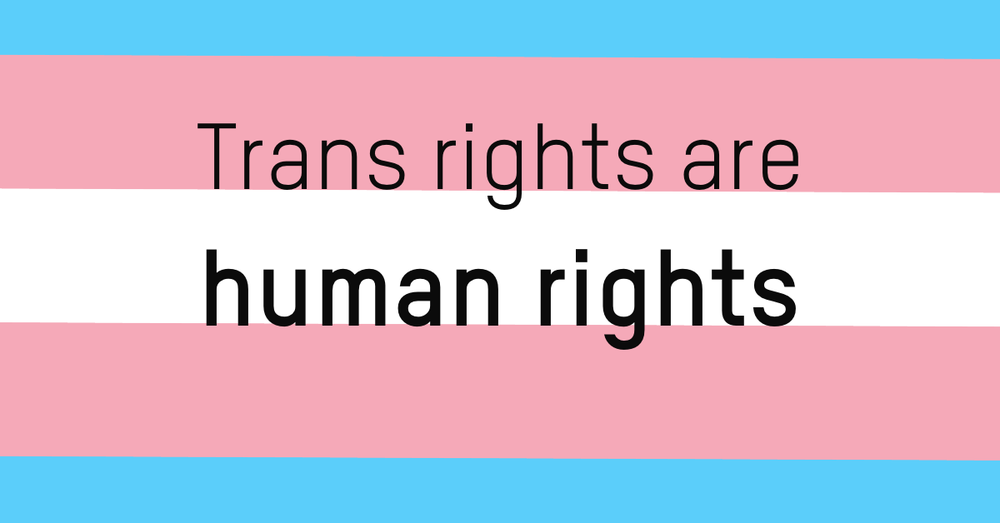
“Gender identity and biological sex are two very separate things... biological sex is what you're physically born as, and it's what the doctor assigns you as when you are born... right?...Trans people agree that biological sex exists. Trans inclusionists know that biological sex exists. They just also know that gender identity exists as well.”
Shaaba Lotun, Creator and Researcher.
Shutterstock
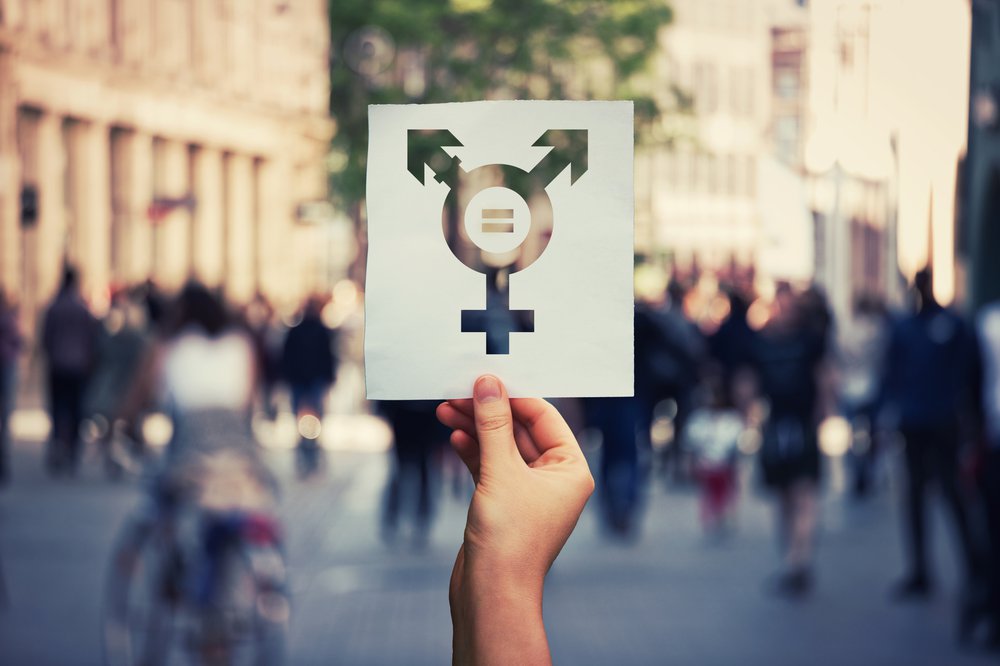
2. We oppose discrimination
Shutterstock
Some statistics
- According to the Home Office, anti-trans hate crimes increased by 16% during 2019-2020.
- Stonewall found 25% of trans people have experienced homelessness
“Discrimination, stigmatisation and exclusion mean that trans and gender non-conforming people are more likely to live in poverty, experience unemployment, homelessness, and mental health issues, to be victims of violence, lack access to healthcare, or to be forced into sex work that can put them at risk. Black trans people, who have always been at the forefront of the LGBTQIA+ rights movement, experience intersecting discrimination and harm and must not be forgotten in our anti-racist commitment.”
The Oxfam GB LGBT+ Network and supporters
3. It’s part of Oxfam’s own journey of change
Shutterstock
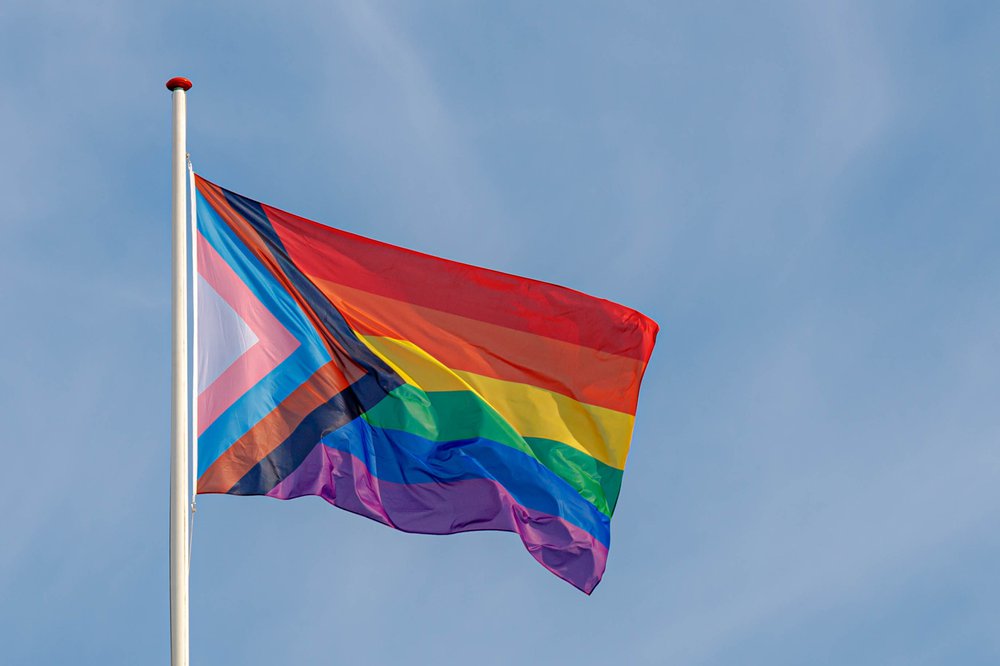
“We believe that the existence and rights of trans people takes nothing away from the very important work we as an organisation are doing with regards to combatting discrimination based on sex and is very relevant to work that relates to gender identity. We are also quite clear on the difference between sex and gender.”
The Oxfam GB LGBT+ Network and supporters
4. We want to use our platform to make space for our trans colleagues, partners and friends
Helen Wishart
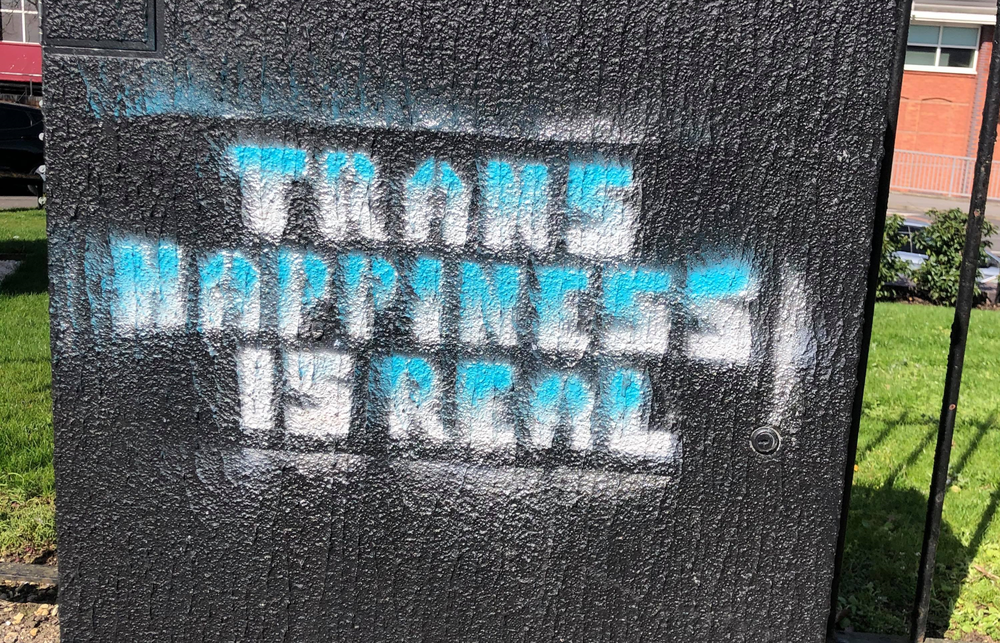
“A woman can be masculine, a woman can be trans, a woman can be intersex... a woman can be whatever she identifies as. It doesn't make her any less of a woman. I'm just excited for people to realise that the gender conversation involves everyone, not just trans people.”

